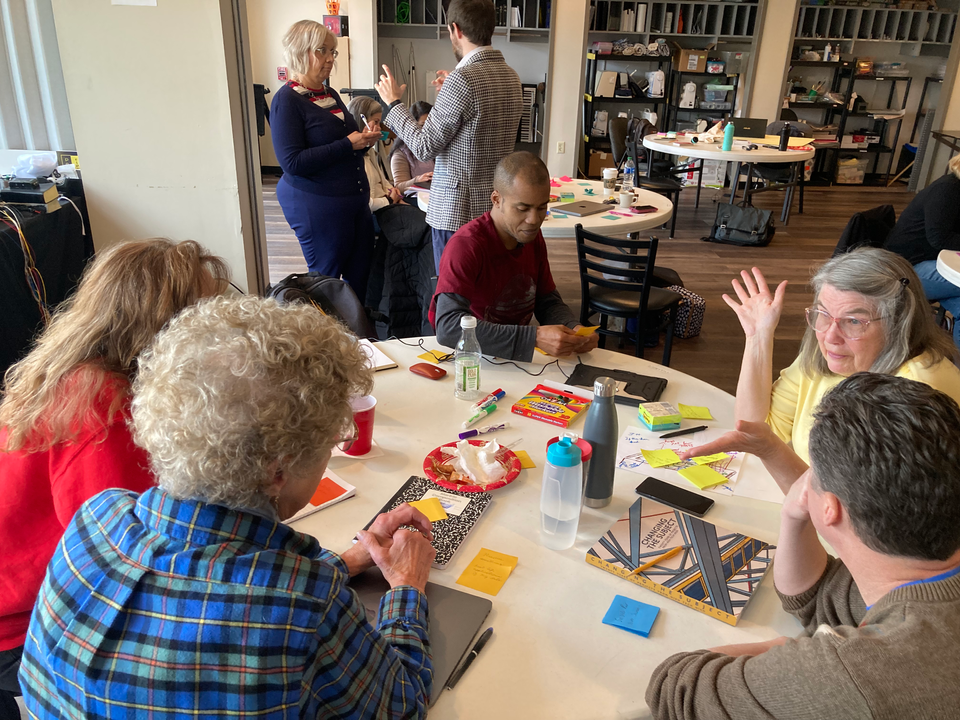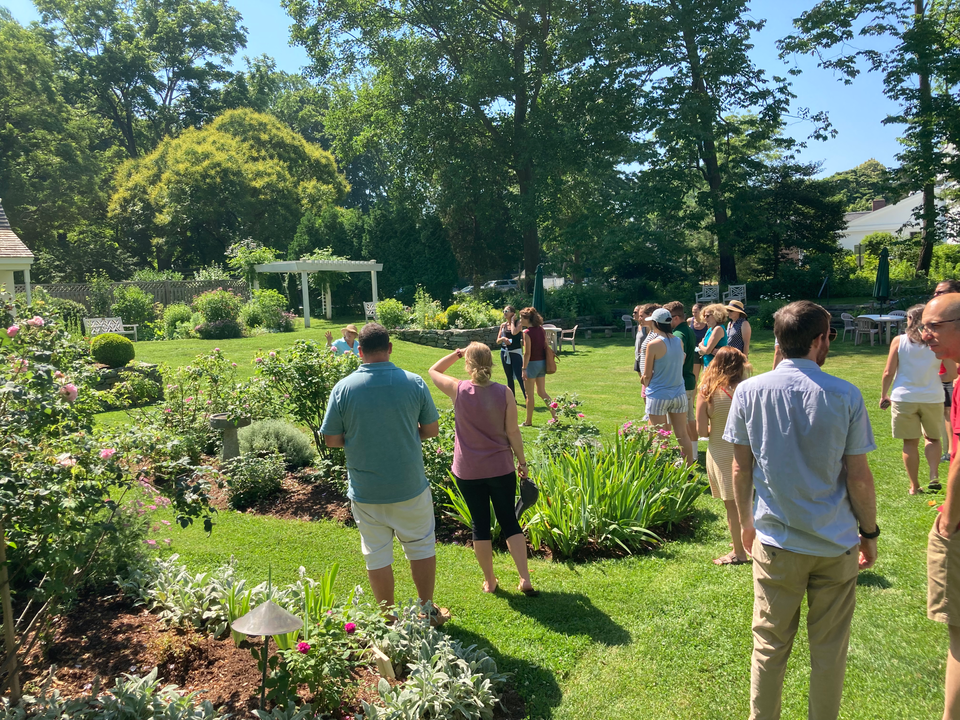Join us in helping schools in Western NC become hubs of resilience, healing, and innovation!
This year, we're actively seeking support to expand our impact for The WNC Resilience Project.
Our Impact
Our small, but mighty organization has been establishing deep partnerships with districts and schools around the United States to shift the paradigm of learning, help establish collective visions, and leverage local assets to catalyze innovation and transformation. The following are just a few of the many examples of how OWL is helping schools innovate. Read on to find out more about our impact.
We co-design innovative school cultures with schools, districts, and partners across North America.
No events at the moment
Our Newsletter
If you're interested in updates that feature inspirational images of possibility, resources, and updates from the field, sign up below.







































